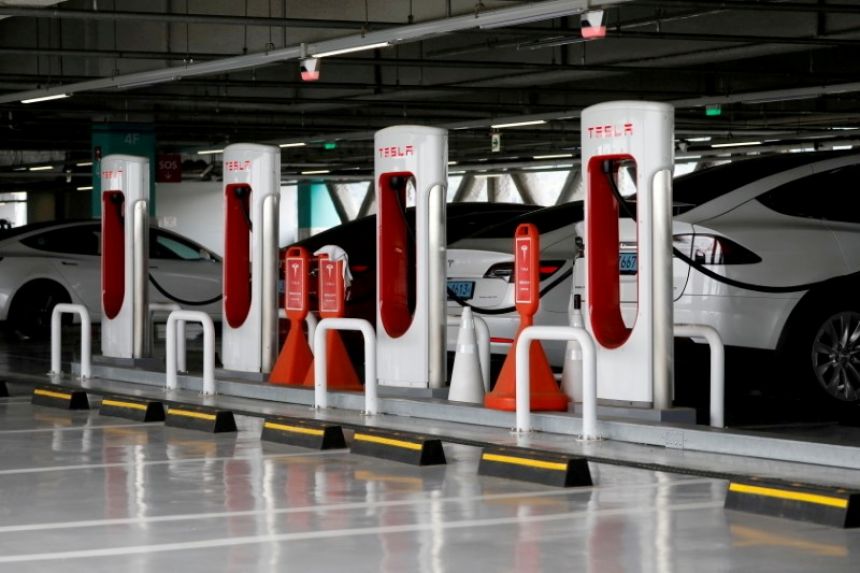Many of the world’s electric vehicles are powered by South Korean battery titans, but they are facing a skills shortage that might slow down the global race to zero-emissions transportation. As demand for the technology …
Many of the world’s electric vehicles are powered by South Korean battery titans, but they are facing a skills shortage that might slow down the global race to zero-emissions transportation.
As demand for the technology grows, the country’s three largest firms, which control a third of the worldwide electric vehicle (EV) battery industry, are all experiencing a scarcity of research and engineering personnel.
LG Energy Solution (LGES), SK On, and Samsung SDI Co Ltd (006400. KS) are among the top six global battery manufacturers, supplying companies like Tesla Inc (TSLA.O), Volkswagen (VOWG p.DE), and Ford Motor Co (F.N). Considering this, they are experiencing increasing demands from major automakers and are unable to recruit enough personnel with the necessary training to continue developing cutting-edge technology such as solid-state batteries.
“Although we are seeing such a growth in the industry, it appears that we are facing a shortage of talent,” an official at LGES said. “It is crucial to recruit external talents as well as nurturing our own talent.”
This was echoed by its two big domestic rivals, with SK On describing the sector’s expansion as “exponential”.
According to the Korea Battery Industry Association’s most recent data, the worldwide battery sector has doubled in size over the last five years, and South Korea would be short of nearly 3,000 graduate degree-level positions in fields such as research and design by late 2020. LGES, SK On, and Samsung SDI have a combined workforce of almost 19,000 people.
According to IHS Markit analysts, the worldwide battery industry will triple in size to about $90 billion by 2025, reflecting a growing talent shortage in Korea. The European Battery Alliance, for example, claims that “re-/up-skilling” is required in the EU since the battery industry will require 800,000 new jobs by 2025.
Some industry experts believe that if the worldwide skills gap is not addressed, it would delay the rate of advancements in batteries, which are expected to help clean up road transport, which is one of the largest drivers of greenhouse gas emissions.




